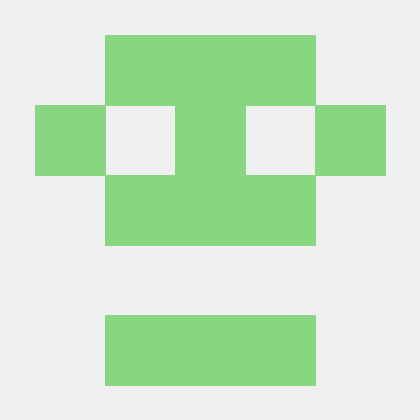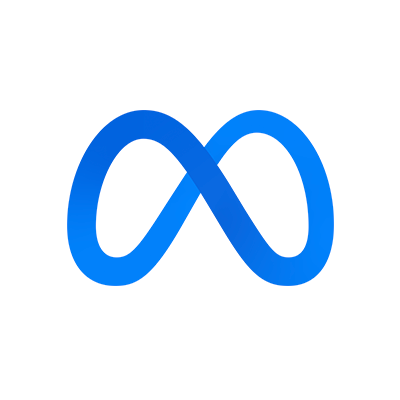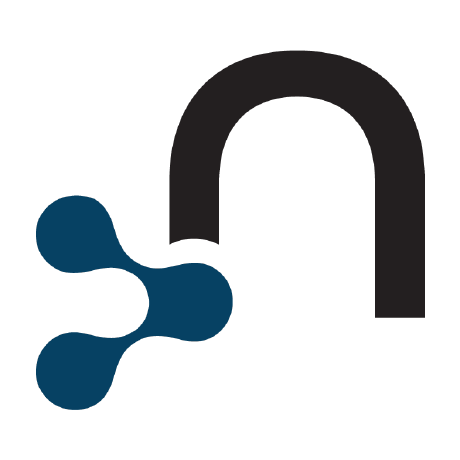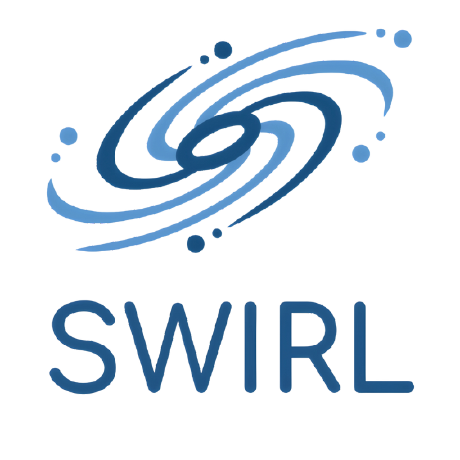Discover and explore top open-source AI tools and projects—updated daily.
GraphGen by  InternScience
InternScience
Framework for LLM fine-tuning with knowledge-driven synthetic data
Top 42.7% on SourcePulse
GraphGen is a framework for generating synthetic data to enhance supervised fine-tuning of Large Language Models (LLMs). It targets researchers and practitioners aiming to improve LLM performance, particularly in knowledge-intensive domains, by addressing knowledge gaps through targeted data creation.
How It Works
GraphGen constructs fine-grained knowledge graphs from source text to identify LLM knowledge gaps using expected calibration error. It prioritizes generating question-answering pairs for high-value, long-tail knowledge, employing multi-hop neighborhood sampling for complex relationships and style-controlled generation for data diversification.
Quick Start & Requirements
- Installation: Install
uv(package manager), clone the repository, create auvenvironment (uv venv --python 3.10), and install dependencies (uv pip install -r requirements.txt). - Running Demo: Execute
uv run webui/app.pyfor a Gradio demo. - CLI Usage: Requires setting environment variables for synthesizer and trainee models (e.g.,
SYNTHESIZER_MODEL,TRAINEE_MODEL) and their base URLs/API keys. Run withgraphg --output_dir cache. - Docker: Build image with
docker build -t graphgen .and run withdocker run -p 7860:7860 graphgen. - Prerequisites: Python 3.10,
uvpackage manager. API keys for LLM models are required for generation.
Highlighted Details
- Supports Google, Bing, Wikipedia, and UniProt as search back-ends for data gap filling.
- Claims over 50% SFT data from GraphGen improves performance on benchmarks like SeedBench and GPQA-Diamond.
- Offers a web UI for interactive use.
Maintenance & Community
- Initial version released April 21, 2025.
- Project acknowledges contributions from SiliconFlow and libraries like LightRAG and ROGRAG.
- Community support via opening issues or WeChat groups.
Licensing & Compatibility
- Licensed under the Apache License 2.0.
- Permissive license suitable for commercial use and integration with closed-source projects.
Limitations & Caveats
The framework relies on external LLM APIs for data generation, requiring API keys and potentially incurring costs. Performance gains are benchmark-dependent and may vary based on the quality of the knowledge graph construction and the chosen LLM models.
1 day ago
Inactive

 baehyunsol
baehyunsol VikParuchuri
VikParuchuri aigc-apps
aigc-apps johnson7788
johnson7788 CarperAI
CarperAI meta-llama
meta-llama neo4j
neo4j moyangzhan
moyangzhan swirlai
swirlai rag-web-ui
rag-web-ui xerrors
xerrors llmware-ai
llmware-ai